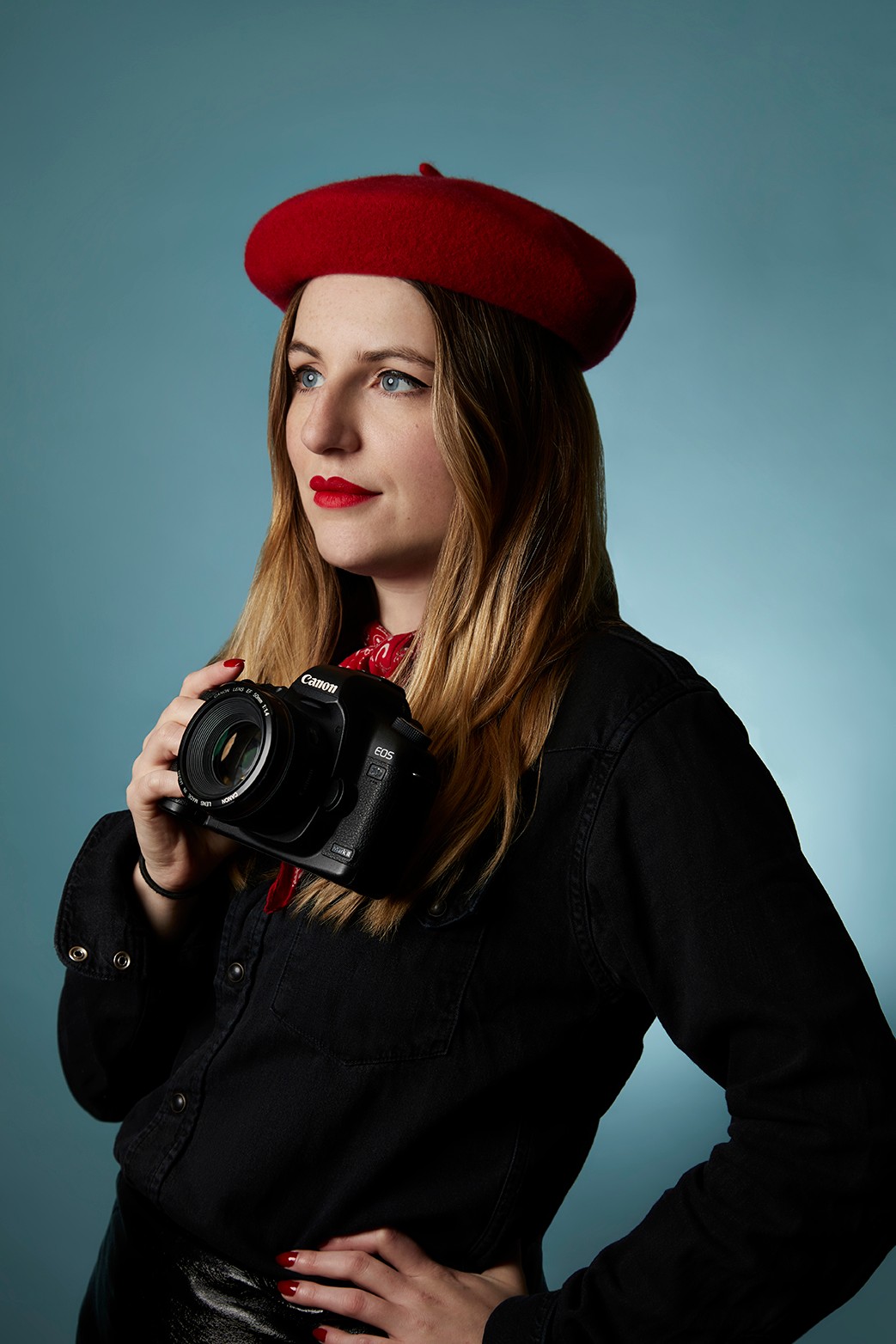We were lucky to catch up with Victoria Chetley recently and have shared our conversation below.
Victoria, first a big thank you for taking the time to share your thoughts and insights with us today. I’m sure many of our readers will benefit from your wisdom, and one of the areas where we think your insight might be most helpful is related to imposter syndrome. Imposter syndrome is holding so many people back from reaching their true and highest potential and so we’d love to hear about your journey and how you overcame imposter syndrome.
I don’t think I will ever fully overcome imposter syndrome. For me, I try to think of it as part of being a creative and constantly striving to be better and learn more about my skillset. I definitely go through cycles where it barely effects me and then times where it feels overwhelming. Imposter syndrome is something that almost every creative I’ve worked with has felt, and knowing that has been one of the key things to help me overcome it when it hits.
The last time I really felt it was when I was booked to work in a well established studio as a freelancer. I had seen the imagery that came out of the studio, and knew the level was incredibly high. I was nervous I wouldn’t be able to meet their expectations. I made the mistake of searching the portfolios of the other photographers and psyching myself out because their imagery and lighting was so strong. After a couple of days working on different shoots and projects (with nothing going wrong), I had pretty much shaken the initial fear. I got talking to one of the other photographers about imposter syndrome and he mentioned when he’d seen my name on the call sheet he had looked me up and got nervous because he was so impressed with my work. I laughed for ages, because I had done the same thing.
I think it’s super important to share with your peers when you’re feeling it, because sometimes just sharing and being reassured can instantly lift that pressure. It’s also good to check in with your previous work regularly and look at how far you’ve come, and if there’s something you think is missing go learn it. Most importantly though, remember that everyones’ career trajectory is different and not to compare yourself to others.
Appreciate the insights and wisdom. Before we dig deeper and ask you about the skills that matter and more, maybe you can tell our readers about yourself?
I’ve been a working photographer for 7 years now, and for the past 2 years I’ve been freelance. Two weeks ago I moved from England to Australia to start a new adventure in my life & career. It’s been really exciting and freeing to take a step back from running my business and re-assess the sort of imagery I want to be making.
Right now, I want to focus on elevating my portrait work and shooting more on location as the area where I’m living is full of gorgeous locations. I am so excited to pick up my camera every day.
Obviously, work is still a key focus but I’m trying to be more mindful in my hours as I can easily slip into 24/7 work weeks which isn’t healthy!
If you had to pick three qualities that are most important to develop, which three would you say matter most?
Speaking purely from a photography perspective, getting your technical up is vital and I think the best way to do this is to train with established photographers. I absolutely think most of what I know was learnt from shadowing or assisting other photographers. Even after nearly a decade in the industry I still love working with other photographers on projects and seeing how they approach things, as everyone has little tricks they’ve picked up over the years that you might never imagine unless you see it.
From a freelance business perspective, learning how to manage your time is a big one. I fall foul of this all the time because I can be a bit of a workaholic. Knowing how much you can sensibly achieve without working yourself into the ground is important to ensure you have a good work/life balance. Finding and networking with other freelancers you trust, such as retouchers, who can alleviate additional workloads in busy periods and also means you’re not working alone so much! You should also ensure you have time to focus on “the business” itself, eg searching for new leads, admin & skill improvement as these will all lead to better clients and projects in the long run.
Most importantly, for anyone in their journey, I think is to make sure you have time to enjoy your craft. It can be so easy to focus on work & money and forget why you wanted to be a creative in the first place. I know in peak periods I can go weeks without doing any personal work and it massively gets me down, so it’s something I try to really invest in when I have more open periods.
How can folks who want to work with you connect?
Absolutely! I’m currently looking for more creatives to connect with and to widen my global network as moving to a new country has left me feeling a little out of the loop. I’d love to connect online with any creatives that want to share ideas or advice, as well as local artists & models who want to create work together. You can find me on my socials or shoot me an email!
Contact Info:
- Website: victoriachetley.com
- Instagram: instagram.com/victoriachetley
- Linkedin: linkedin.com/in/victoriachetley
- Other: Email: [email protected]
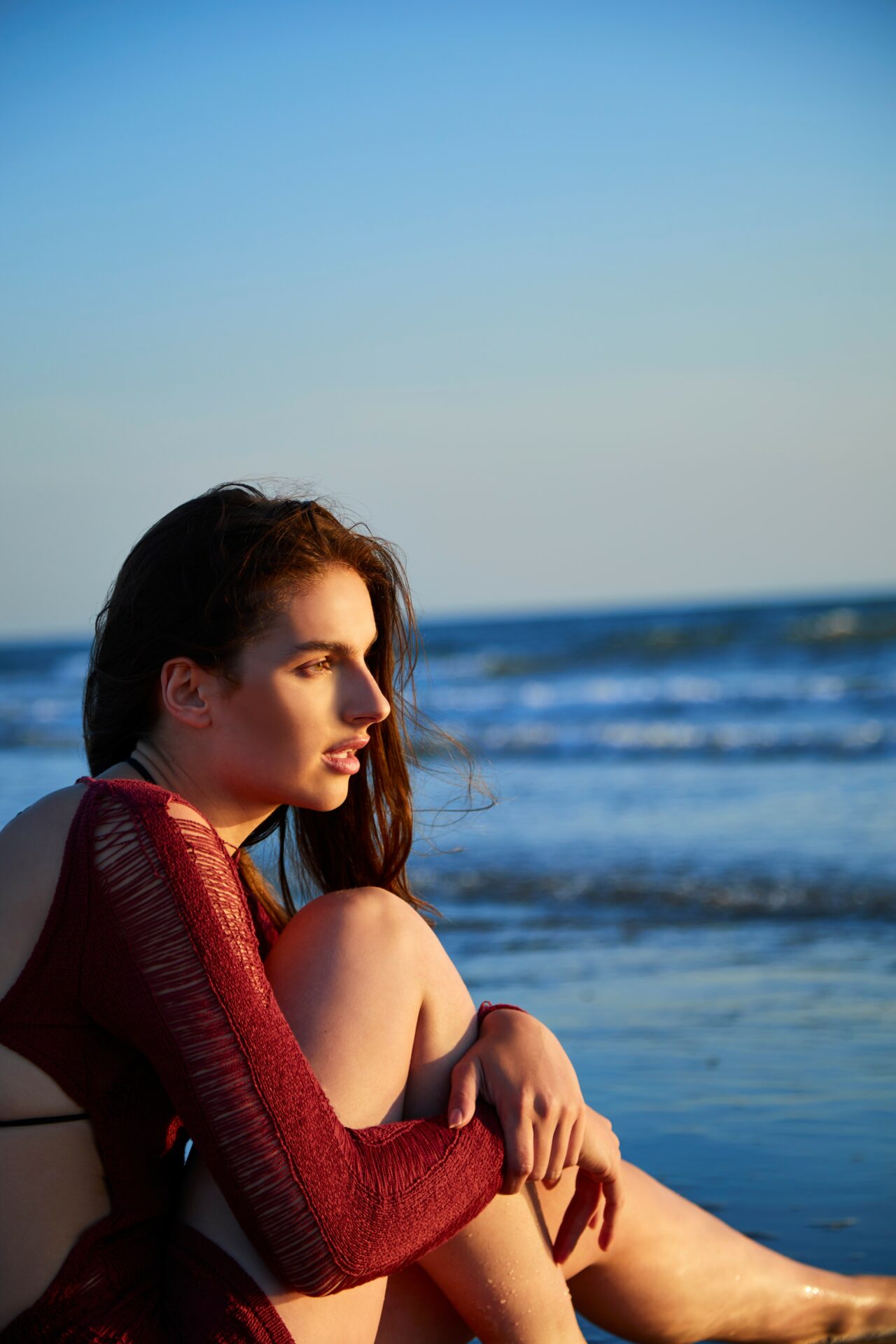
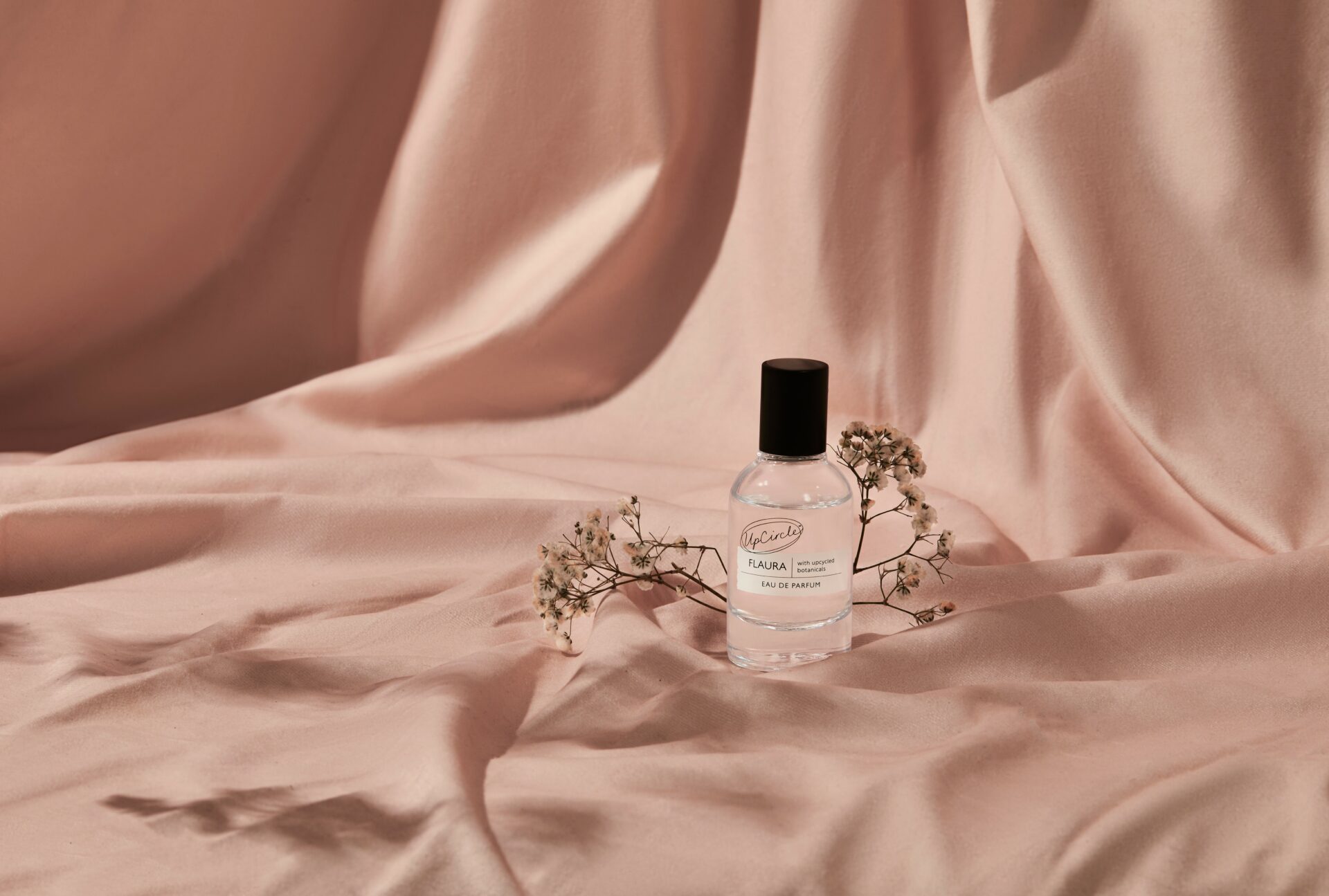
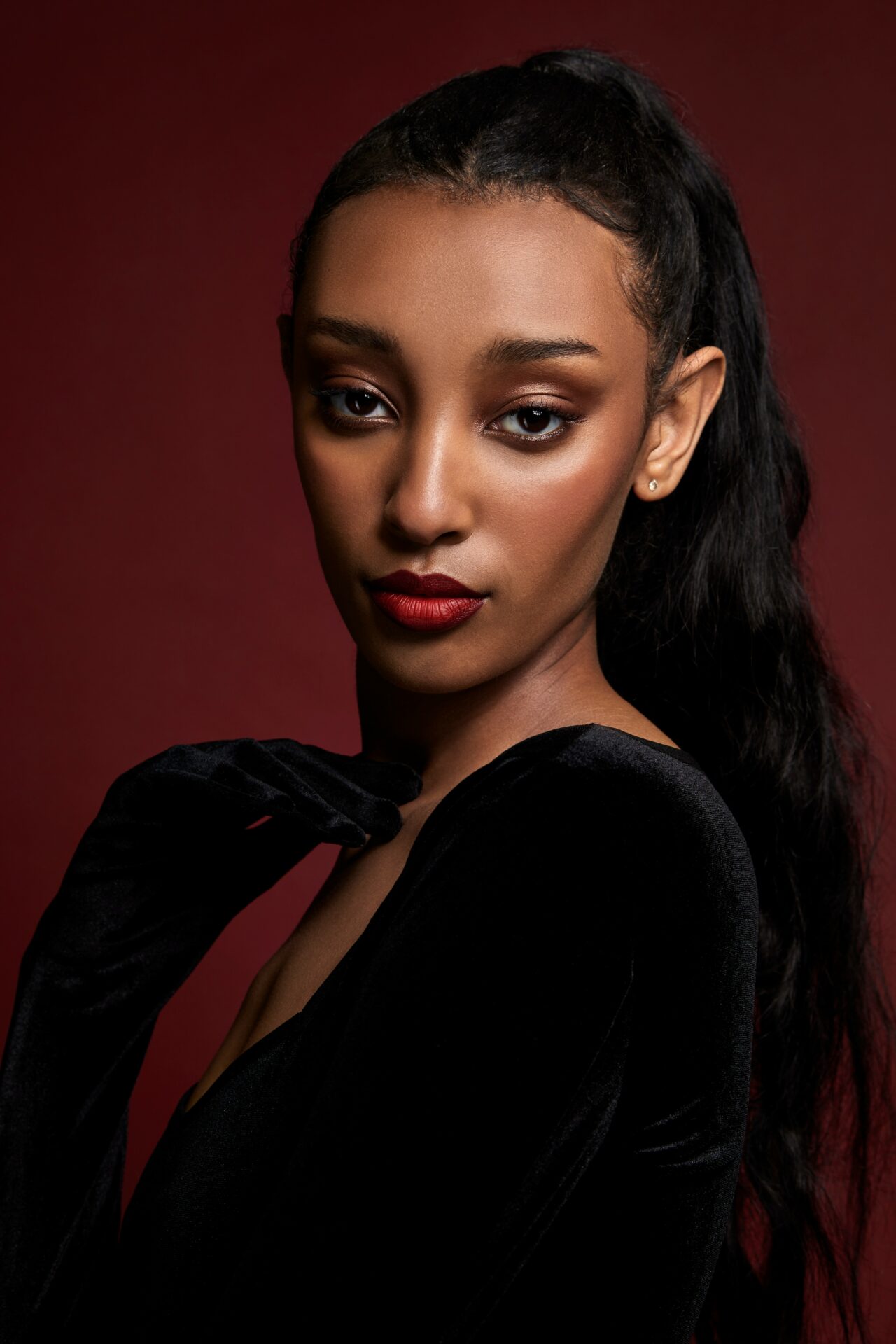
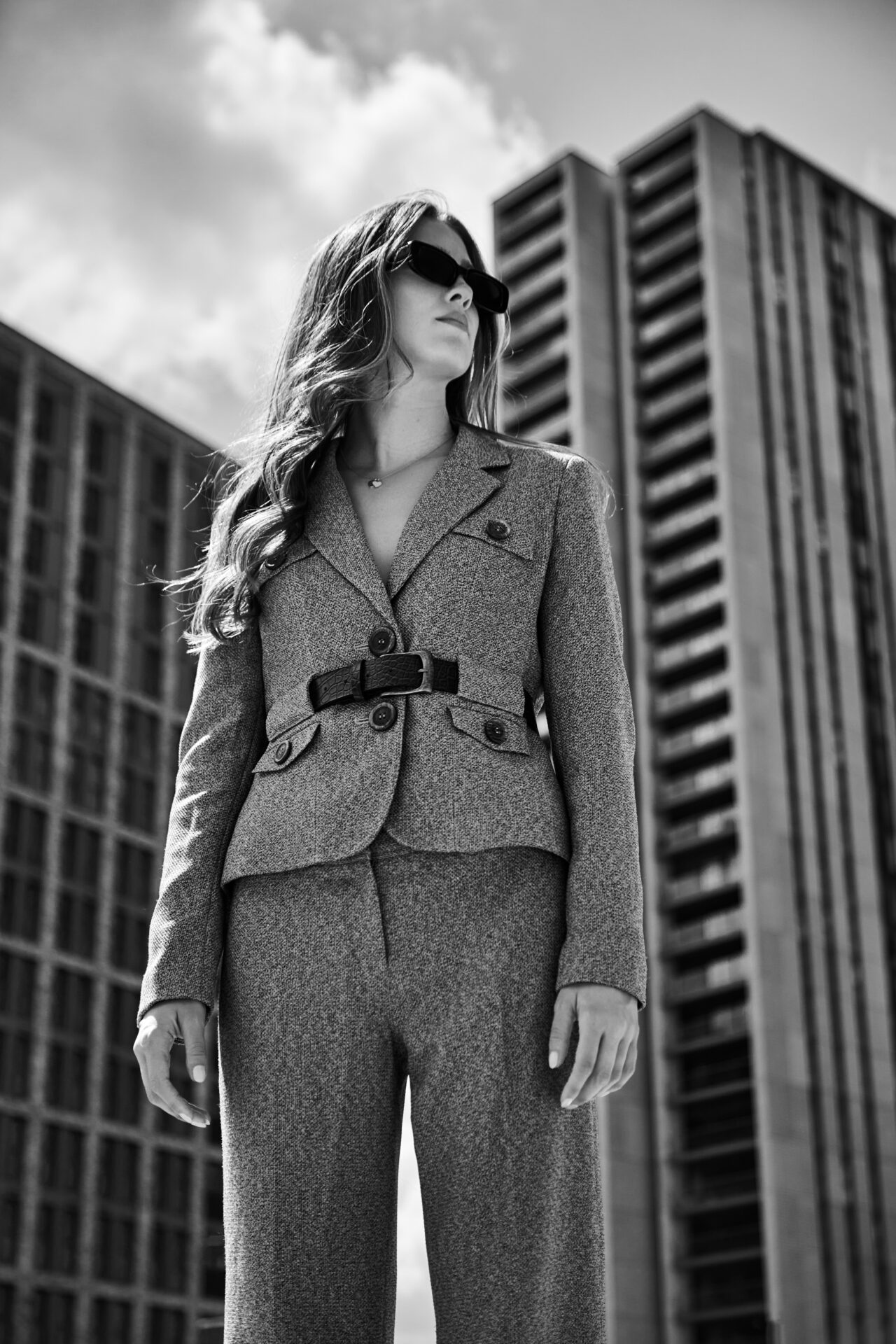
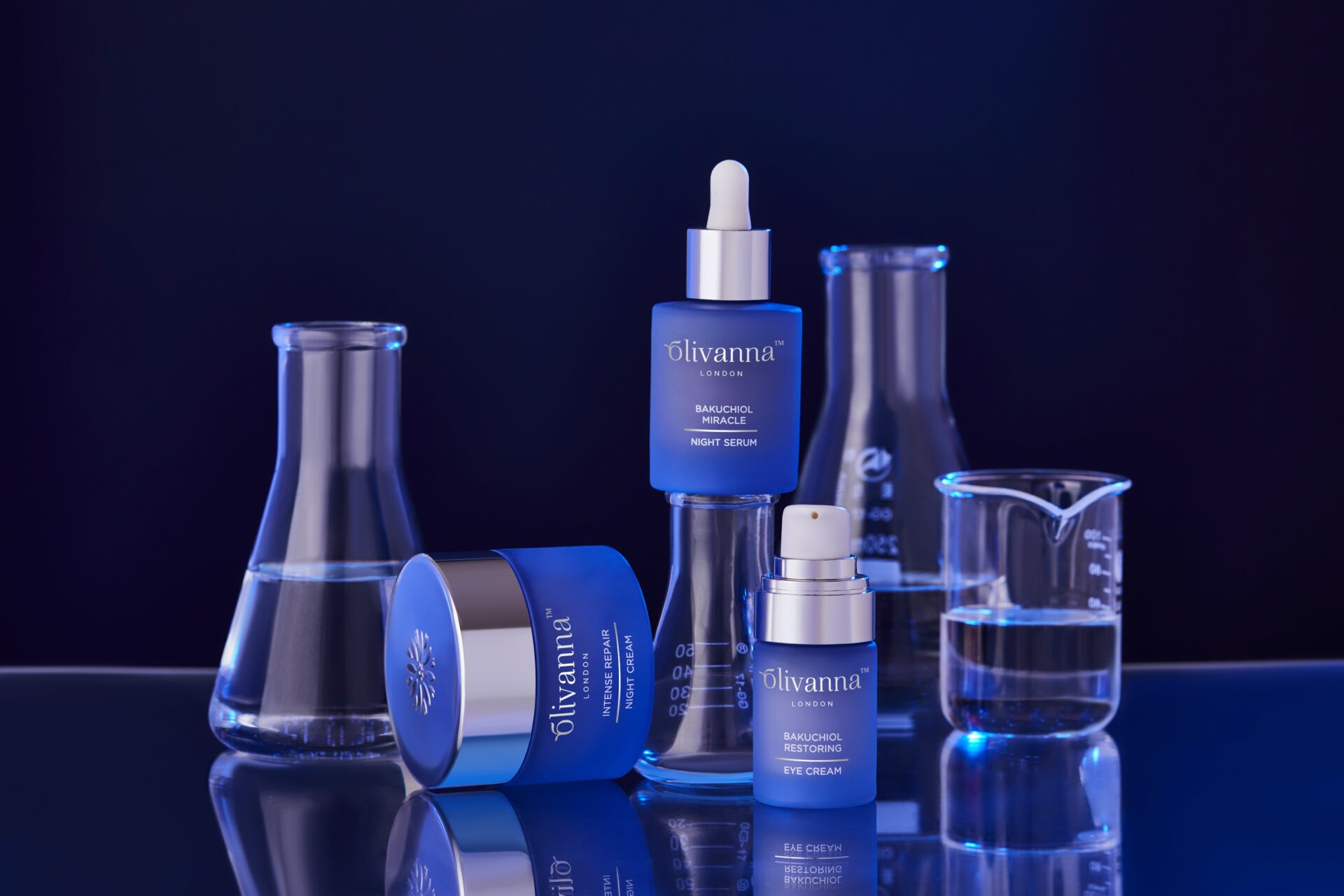
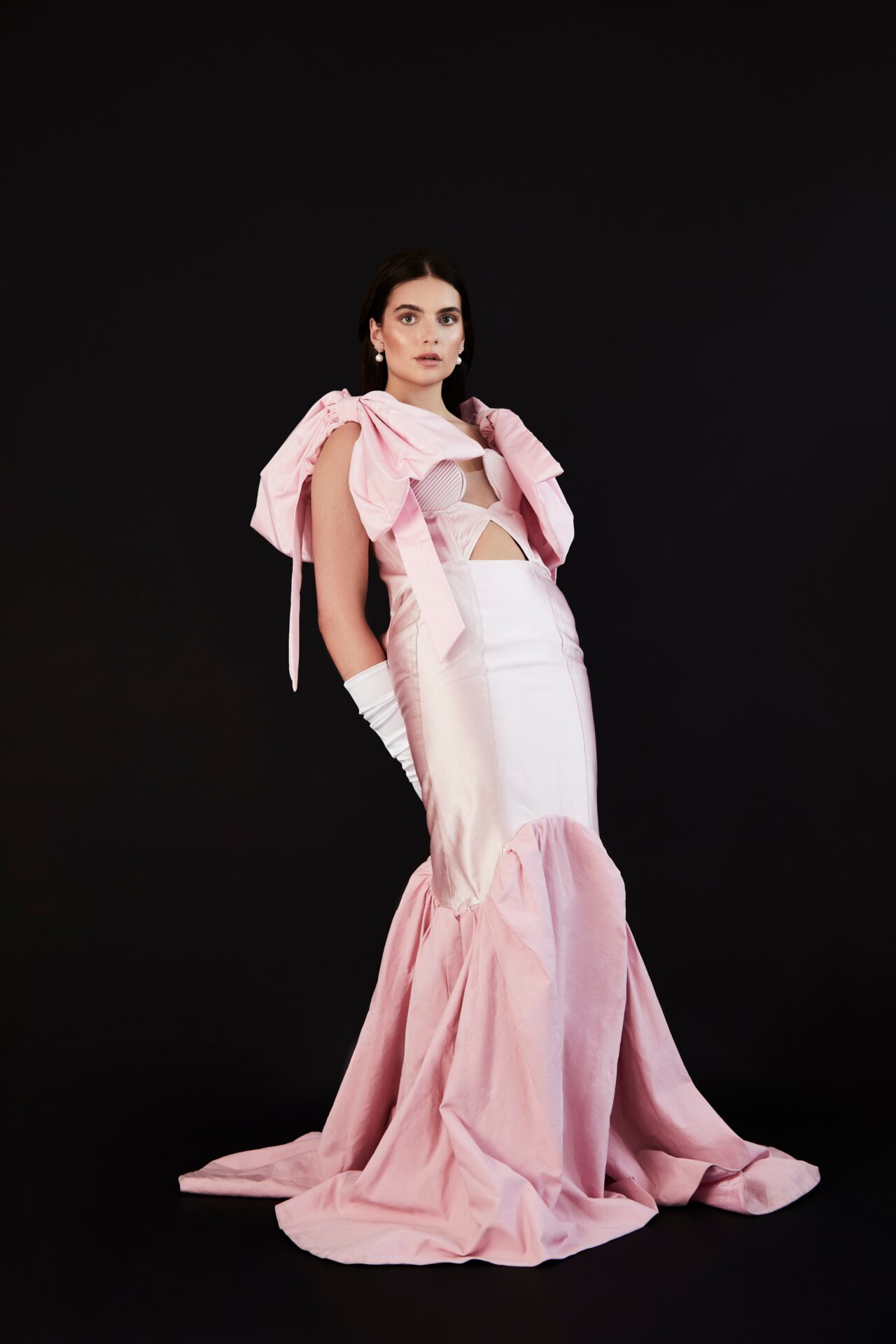
Image Credits
Image 1 (Beach portrait) Model: Klaudia Gawora Image 2 (City skyline portrait) Model: Leah Harriss Image 3 (Beauty shot on burgundy) Model: Abi MUA: Ankita Image 4 (Perfume shot on pink) Brand: UpCircle Beauty Image 5 (Blue lab shot) Brand: Olivanna London Image 6 (Fashion shot on black) Model: Klaudia Gawora MUA: Ange Oatley Hair: Ellie Beardsworth Stylist: Rinesa Brand: V.A.LE: Official

